8 Shark Tank Fails That Turned Into Big Successes
Landing a coveted spot on ABC’s reality show Shark Tank is the opportunity of a lifetime for a budding entrepreneur.


Profit and prosper with the best of Kiplinger's advice on investing, taxes, retirement, personal finance and much more. Delivered daily. Enter your email in the box and click Sign Me Up.
You are now subscribed
Your newsletter sign-up was successful
Want to add more newsletters?

Delivered daily
Kiplinger Today
Profit and prosper with the best of Kiplinger's advice on investing, taxes, retirement, personal finance and much more delivered daily. Smart money moves start here.

Sent five days a week
Kiplinger A Step Ahead
Get practical help to make better financial decisions in your everyday life, from spending to savings on top deals.

Delivered daily
Kiplinger Closing Bell
Get today's biggest financial and investing headlines delivered to your inbox every day the U.S. stock market is open.

Sent twice a week
Kiplinger Adviser Intel
Financial pros across the country share best practices and fresh tactics to preserve and grow your wealth.

Delivered weekly
Kiplinger Tax Tips
Trim your federal and state tax bills with practical tax-planning and tax-cutting strategies.

Sent twice a week
Kiplinger Retirement Tips
Your twice-a-week guide to planning and enjoying a financially secure and richly rewarding retirement

Sent bimonthly.
Kiplinger Adviser Angle
Insights for advisers, wealth managers and other financial professionals.

Sent twice a week
Kiplinger Investing Weekly
Your twice-a-week roundup of promising stocks, funds, companies and industries you should consider, ones you should avoid, and why.

Sent weekly for six weeks
Kiplinger Invest for Retirement
Your step-by-step six-part series on how to invest for retirement, from devising a successful strategy to exactly which investments to choose.
Landing a coveted spot on ABC’s reality show Shark Tank is the opportunity of a lifetime for a budding entrepreneur. Each season, the show receives tens of thousands of applications, but only a few dozen applicants actually get selected to appear on the show. That’s where they’ll pitch their companies to some of today’s top entrepreneurs -- Barbara Corcoran, Mark Cuban, Lori Greiner, Robert Herjavec, Daymond John and Kevin O’Leary (known on the show as "the Sharks"). The up-and-coming business owners hope that the pros will be wowed and want to buy in, providing some much-needed funding that will help take their companies to the next level.
While some entrepreneurs are able to impress the sharks out the gate, others aren’t so lucky and go home empty-handed. But don’t be mistaken, there’s an upside to the latter scenario, too. Appearing on an episode of the hit reality series is essentially a free advertisement that puts a relatively unknown company in front of millions of potential customers. If you’ve got a product they want, that can still lead to a significant boost in sales even if the Sharks don’t bite.
We chatted with several business owners who’ve appeared on Shark Tank throughout the years but failed to seal the deal. Some walked away from what they deemed a low-ball offer, while others simply couldn’t drum up enough interest during their pitch. However, all have benefited from the “Shark Tank effect” and have found great success since their appearance on the show. Here, they talk about lessons learned and share how much their businesses have grown.

Ring Doorbell
- CEO & founder: Jamie Siminoff
- Appeared on Shark Tank: Season 5
This company has come a long way since Siminoff first appeared on ABC’s Shark Tank in 2013. He pitched the investor panel on his video doorbell system then-named Doorbot. Siminoff was seeking $700,000. Kevin O’Leary was the only Shark to bite, but he wanted a 10% sales royalty plus 5% equity in the company. In a high-pressure situation like this someone else may have given in, but not Siminoff. After his counteroffer was rejected by O’Leary, Siminoff decided a deal with a Shark wasn’t in the cards for his company. “While walking away wasn’t easy, it turned out to be the best decision I could’ve made at the time,” he told Kiplinger.
After the episode aired, business got a much-needed boost. By 2015, Siminoff managed to grow his scrappy eight-person team working out of a two-car garage into 155 employees based in two offices in California and Arizona. He even got legendary entrepreneur Richard Branson to invest in his company. After several years of multimillion-dollar annual sales, Amazon’s Jeff Bezos made Siminoff an offer he couldn’t refuse. Ring was acquired by Amazon in 2018 for a reported $1 billion.
It’s not lost on Siminoff that his appearance on Shark Tank helped propel his then-struggling start-up into the public eye. Last year, he was back in the tank -- only this time as a guest investor. “Returning to the show on the other side of things was surreal. I’m the first entrepreneur to have gone from pitching the Sharks to sitting with them -- something I couldn’t have imagined even in my wildest dreams,” he says.
Today, Siminoff remains at Ring’s helm and has expanded the company’s product offerings to include video security cameras and a home security system. He reminds burgeoning business owners looking to get on the show that it moves fast, so you’ll need to bring your A-game: “The information flies and if you’re unable to lay out just how great your company’s potential is, it’s likely it will get missed -- like DoorBot’s did.”
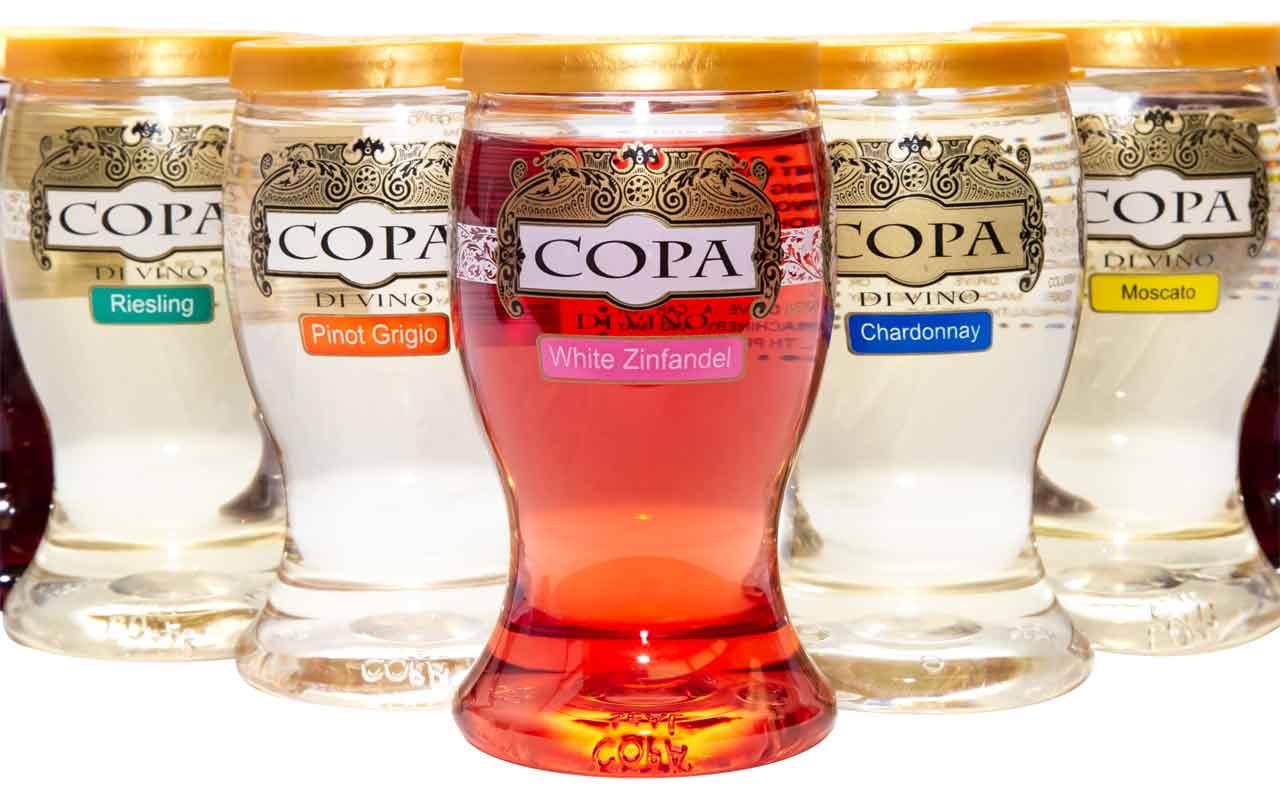
Copa Di Vino
Martin first appeared on the show in 2011 to pitch his company, which produces individually packaged wine-by-the-glass. He was asking for $600,000 and offering a 20% stake in his business. Four out of the five Sharks passed, but Kevin O’Leary was intrigued by the patents for the wine packaging and offered $600,000 for a 51% stake in the company. Martin turned him down. “Money given to you in that context doesn’t come without strings attached. You want the right kind of capital,” he told Kiplinger.
Even though there was no deal, business began to boom after the episode aired. Copa Di Vino’s annual sales hit $5 million that year. The company grew so fast that Martin returned to the show in 2012 after producers reached out to him. He was hoping to secure $300,000 in capital to help elevate the business even further. “The national exposure you get from the show is unmatched,” he says. This time around, however, the Sharks were turned off by what they perceived as Martin being arrogant due to his newfound success. Again, he walked away without a deal.
It’s been eight years since Martin’s first appearance on Shark Tank and his business continues to grow. To date, Copa Di Vino has sold 48 million glasses of wine and hit $250 million in revenue, he says. You can find Copa Di Vino products at several chain retailers, restaurants and hotels including Total Wine, Blaze Pizza and Marriott Hotels & Resorts. It’s also carried at sporting venues including New York City’s Madison Square Garden, several NFL and MLB stadiums, as well as at Disney World.
For up-and-coming entrepreneurs who think appearing on the show can help make their business an instant success, he says: “Your appearance on the show is a narration of your brand and entrepreneurial journey. It’s so important in marketing. Know who you are and don’t become something else based on what the sharks want you to be.”
QUIZ: Do You Have What It Takes to Be a Millionaire?
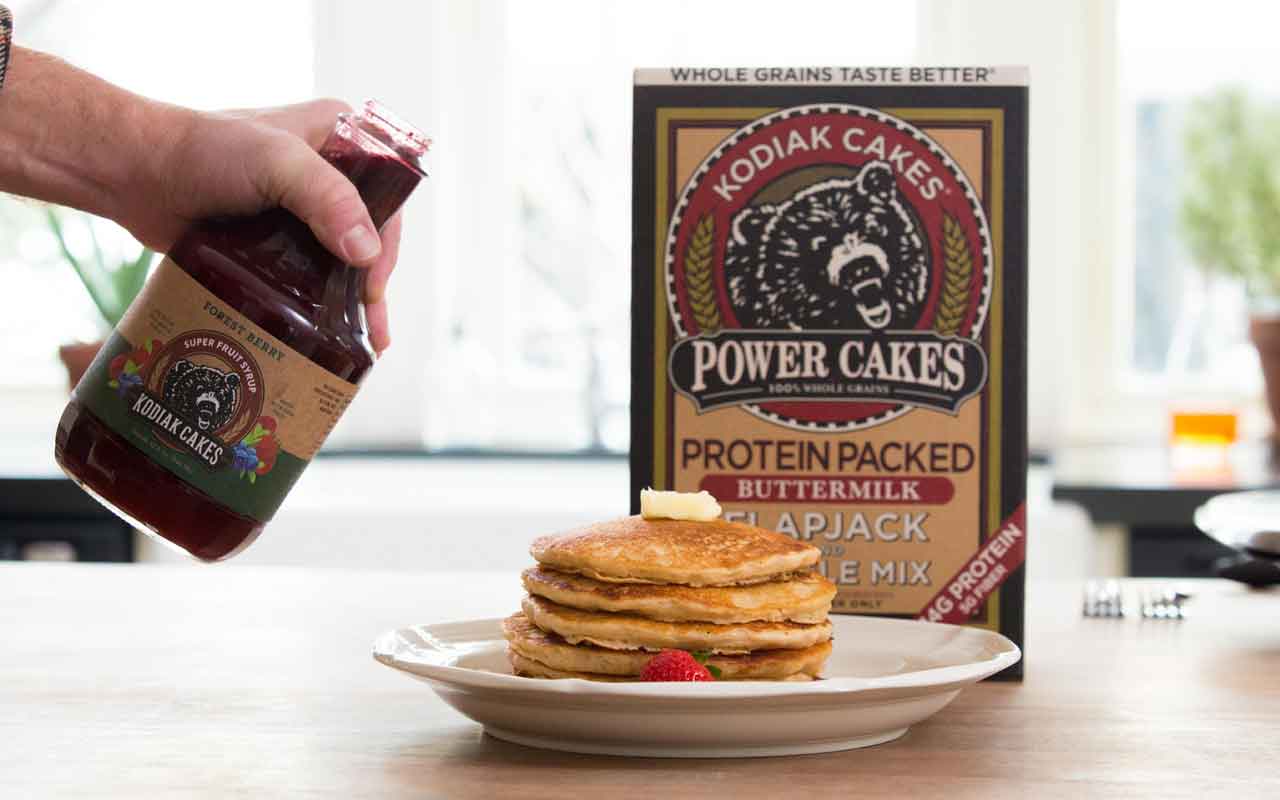
Kodiak Cakes
- CEO & founder: Joel Clark
- Appeared on Shark Tank: Season 5
Kodiak Cakes was already on Target shelves by the time Clark and his business partner Cameron Smith appeared on Shark Tank in 2014. They applied for the show in hopes of securing a $500,000 investment (in exchange for a 10% stake in the company), a significant portion of which would be used to pay for product placement at other big-name retailers. The Sharks were skeptical, but three of them still made offers asking for a significantly larger stake in the company than Clark was willing to give up, so he declined. “It was a reality check . . . but it made me realize that if you take investment money too soon, you’ll give away a large chunk of the business,” Clark told Kiplinger.
After the episode aired, the company’s sales at Target started to rapidly increase and they soon became the top-selling pancake mix brand at the store, according to Clark. As for annual sales, when he taped the episode in 2013, they were around $3.4 million. After it aired the following year, sales doubled reaching $6.7 million. Fast forward to 2018 and the company hit $100 million in sales and project $170 million for 2019.
In addition to Target, you can find Kodiak Cakes products at big name retailers and grocery chains including Walmart, Kroger and Safeway. While the company’s 100% whole grain flapjack and waffle mix continues to be a bestseller, Clark says they’ll be launching new products in the very near future including a bite-sized graham cracker product called Bear Bites.
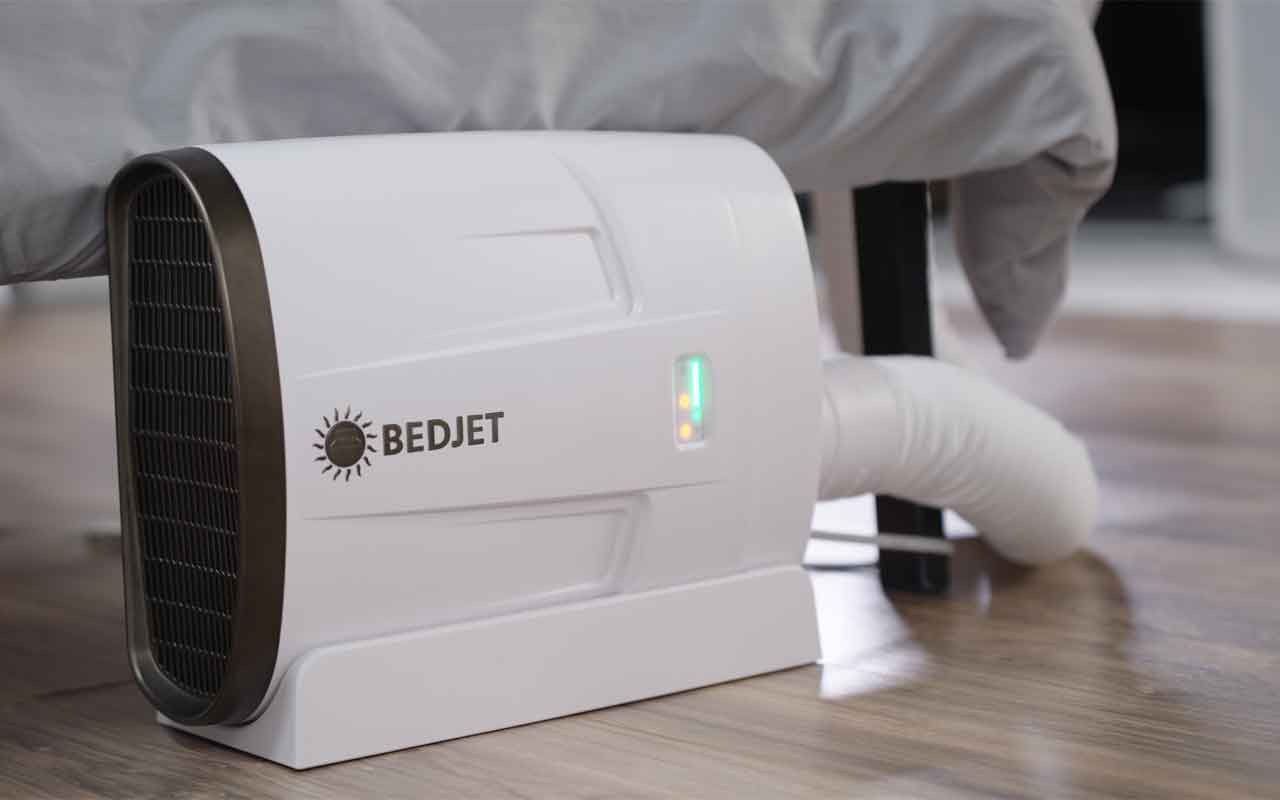
BedJet
- CEO & founder: Mark Aramli
- Appeared on Shark Tank: Season 6
Unlike the other former contestants featured here, Aramli didn’t apply to be on Shark Tank. Producers found him via his Kickstarter campaign and invited him to be on the show in 2015, he told Kiplinger. When you’re handpicked by the show’s producers, you may walk into the tank thinking your product will be a hit. But for Aramli, the exact opposite happened. The Sharks didn’t see the potential in his personal bed heating and cooling system and thought it was overpriced at $499. None of them wanted to make a deal.
Aramli went home disappointed, but quickly focused on raising the $250,000 in capital he was seeking from the Sharks to launch his company. He would end up taking out a second mortgage on his home and depleting his savings to get his product off the ground. Aramli says that once the BedJet system was available for purchase, customers came pouring in and the company hit $1 million in sales the first year. “[The sharks] aren’t right 100% of the time. The most important opinion is the voice of the customer that opens their wallet up to buy your product,” he told Kiplinger. BedJet has grown to bring in $26 million in revenue since his Shark Tank episode aired, according to Aramli. The BedJet has 4.5 out of 5 stars in customer reviews on Amazon. It also received an 8 out of 10 rating from Wired.com.
Now, Aramli’s working on BedJet’s next product launch, which is slated for release later this year. For entrepreneurs interested in applying for Shark Tank, he reminds them that “you can’t have a business model that revolves around being on the show.” While an appearance on the show gives your product lots of exposure that could help boost sales, you must find a way to succeed no matter if you make a deal with one of the sharks or not, he adds.
QUIZ: Test Your Start-Up Business Know-How
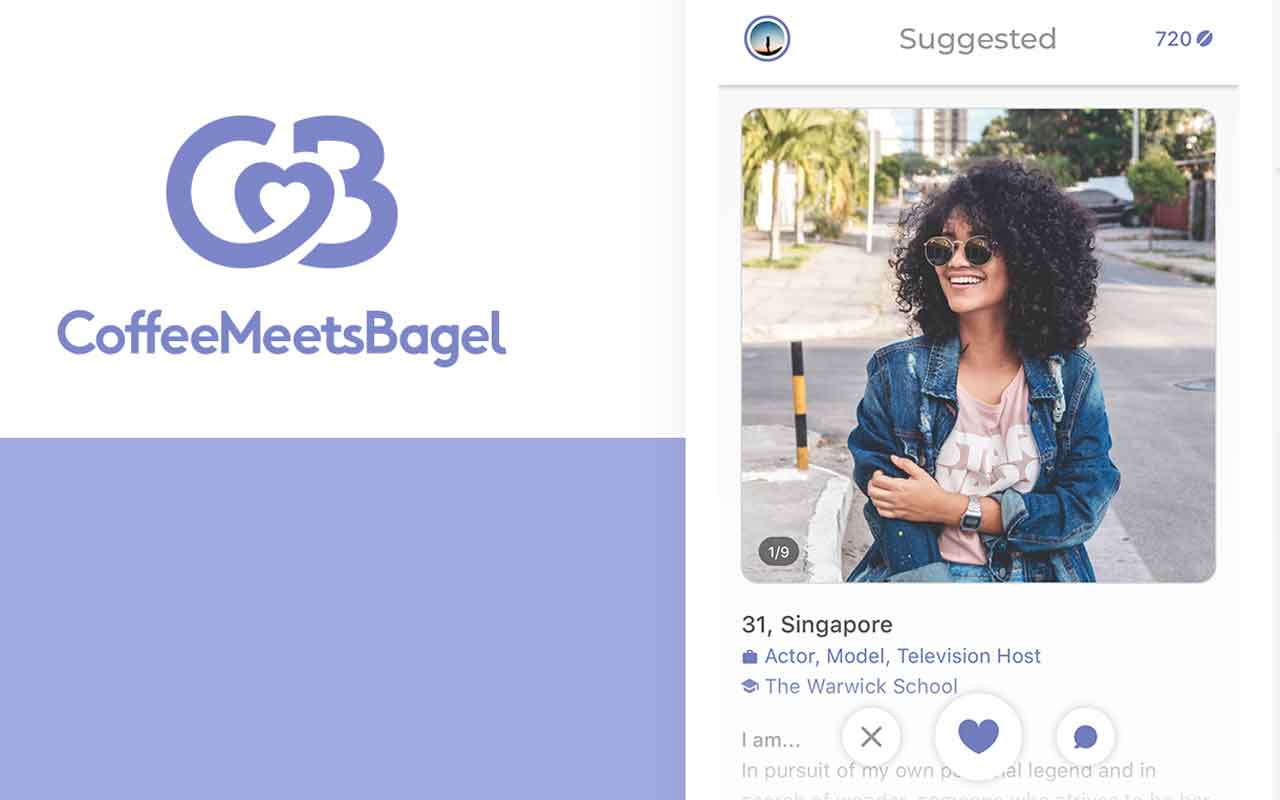
CoffeeMeetsBagel
- CEO & co-founder: Dawoon Kang
- Appeared on Shark Tank: Season 6
Kang along with her sisters Ahreum and Soo pitched the Sharks on their women-focused dating app and were asking for $500,000 (in exchange for 5% equity in their company), which incorporates popular elements from flash sale and social media sites. Every day at noon, CoffeeMeetsBagel users receive one match who is connected to them through a mutual friend via Facebook. Both parties must “like” each other in order to connect through the app.
That concept wowed the sharks, but things quickly took a turn when the sisters wouldn’t directly answer a question about how many people use the app. After some back-and forth about why they wouldn’t provide a hard number, as well as questions regarding their business model, all the Sharks had backed off on making an offer. That was until Mark Cuban asked the trio at the last minute if they’d be willing to sell the company for $30 million -- the largest offer in the show’s history. Without hesitation, they told him no. When asked why they turned down the offer, the trio told the panel they saw their company becoming as big as Match.com, which is a billion-dollar business. Afterwards, the sisters received dozens of angry e-mails from viewers calling them crazy, greedy and stupid, Kang told Kiplinger.
She wouldn’t share any specific user totals or sales data with Kiplinger but did mention that CoffeeMeetsBagel recently hit its 50 millionth user match. The app also consistently ranks among the top 10 dating apps in publications such as CNET, Women’s Health magazine and TechRadar.com. If you’re an entrepreneur and think applying for Shark Tank will help raise your company’s profile, Kang says to “think of creative ways to stand out...pick an angle that’s unique to your story and really double down on it.”

The Bouqs Co.
- CEO & co-founder: John Tabis
- Appeared on Shark Tank: Season 5
Tabis’s Shark Tank experience is a bit different than the others. He appeared on the show in 2014, but walked away without the $258,000 he was seeking for his farm-to-table online flower delivery business. None of the Sharks were well-versed in the flower industry and all had major hesitations about investing in his company. Tabis was disappointed, but that didn’t stop him and his co-founder Juan Pablo Montufar from moving forward. If you’re considering entrepreneurship, “you have to be comfortable with failure and being told no, because it’s going to happen many times [before finding success],” he told Kiplinger.
Fast-forward to 2017: Tabis gets a call out of the blue from shark Robert Herjavec. He was getting married and was dumbfounded at how expensive wedding flowers were and turned to Tabis for help. The entrepreneur explained the flower business in detail to Herjavec, highlighting how well-known online flower delivery sites tack on unnecessary fees that can turn a $40 flower bouquet into a $65 one. The Bouqs Co. ended up doing the flowers for Herjavec’s wedding (at a much cheaper rate than what he’d been quoted from other companies) -- and the Shark was now a believer. Three years after Tabis’s episode aired, Herjavec decided to invest in The Bouqs Co. after having seen firsthand what the flower company does. He participated in the round of funding the company had open at the time that went on to raise $24 million.
When Tabis first appeared on Shark Tank, The Bouqs Co. had hit $700,000 in sales just 10 months after launching. To date, the company has done 10 times that amount [$7 million], Tabis told Kiplinger. While entrepreneurship can be unpredictable, it’s important to remain optimistic, Tabis advises those looking to become their own boss. Finding ways to always see the silver lining can be the difference in eventually achieving success, he adds.
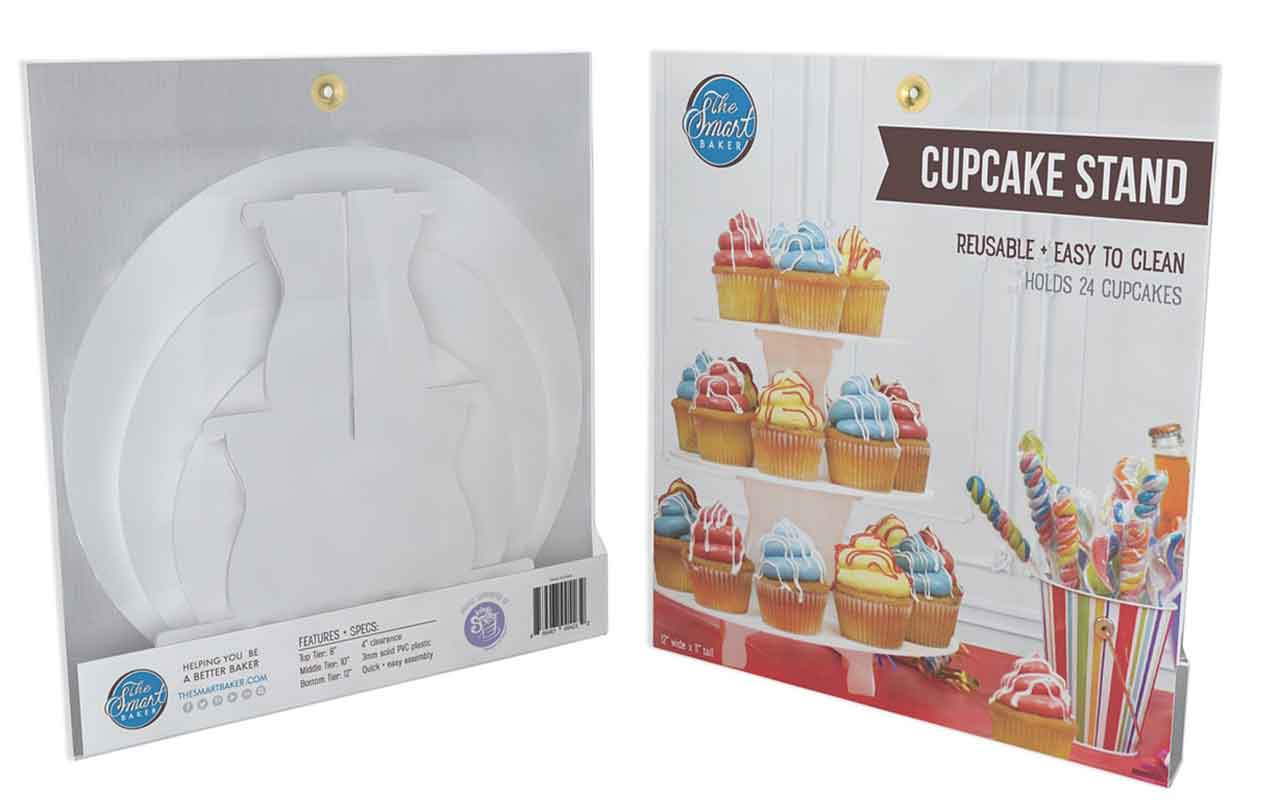
The Smart Baker
- Co-founders: Stephanie and Daniel Rensing
- Appeared on Shark Tank: Season 3
- The Rensings were excited, but their excitement was short-lived as the deal with Corcoran fell through just days later. “There’s a lot that goes on once the cameras are off. There’s a big due diligence process that happens immediately after and that’s where things can change,” Daniel told Kiplinger. “The Sharks are usually focused on recouping their investment as quickly as possible. ... They sometimes think it may take too long or they just don’t fully understand the product, the market or the time it may take to get your product to become a staple in people’s homes,” he adds. While the couple was disappointed, they didn’t let that stop them from pushing forward. “I told myself that this doesn’t need to be a multimillion-dollar business overnight. Without a Shark we can now do this at our pace, with the products we want and sell them how we think they should be sold,” Daniel recalls.
The Rensings appeared on the show in 2012. At the time, Daniel was focusing on their baking tool business (which was bringing in $72,000 in annual sales) and Stephanie had just been laid off from her teaching job the day before taping began. So walking away from Shark Tank with a deal in hand was the only option for them.
The pair was seeking a $75,000 investment and offering a 25% stake in their company, which manufacturers pre-cut parchment paper sheets, cupcake towers and aprons. Daymond John made an offer but wanted a 40% stake in the company. Barbara Corcoran, who had success with another baking business that appeared on the show, made the same offer, but tacked on a 5% royalty fee. Ultimately, Corcoran’s prior success was what convinced the husband and wife to accept her offer.
Today, The Smart Baker continues to experience steady growth since the couple appeared on the show. The company has gone from selling just their Cheat Sheet Apron on Etsy to having sold tens of thousands of cupcake stands (ranging in price from $19 to $90) and hundreds of thousands of packs of parchment paper (ranging in price from $3.50 to $8). Their products have also been featured on QVC and are currently available at Michaels craft stores nationwide, on Amazon, as well as on their website.

Rocketbook
- CEO & co-founders: Joe Lemay and Jake Epstein
- Appeared on Shark Tank: Season 8
When Lemay and Epstein showed up to pitch their reusable smart notebook in 2017 decked out in space suits, the Sharks should’ve known their product would be out of this world. The pair was seeking $400,000 in capital and offering a 10% stake in their company, which manufacturers smart technology-enabled reusable paper notebooks.
The panel seemed intrigued -- especially when the pair microwaved one of their notebooks to demonstrate how you erase the existing writing in order to reuse it later -- but looks can be deceiving. Kevin O’Leary didn’t hesitate to let the pair know that he didn’t think anyone would want to buy a reusable paper notebook. He also wondered why the entrepreneurs even created a reusable notebook, since that meant their customers wouldn’t need to buy another one any time soon. All of the Sharks had hesitations about the clunkiness of having to microwave the notebook and for that reason no deal was made.
Luckily, the business partners had already sold 75,000 units before appearing on the show. So a few laughs from the panel and discouraging words wouldn’t be enough to stop their hustle. After their episode aired, they would go on to sell over 500,000 Rocketbook products at major retailers and e-commerce sites including Best Buy, Office Depot, Amazon and Target and hit $10 million in sales. The Rocketbook Wave model would also become the top-selling notebook on Amazon.
Profit and prosper with the best of Kiplinger's advice on investing, taxes, retirement, personal finance and much more. Delivered daily. Enter your email in the box and click Sign Me Up.

Browne Taylor joined Kiplinger in 2011 and was a channel editor for Kiplinger.com covering living and family finance topics. She previously worked at the Washington Post as a Web producer in the Style section and prior to that covered the Jobs, Cars and Real Estate sections. She earned a BA in journalism from Howard University in Washington, D.C. She is Director of Member Services, at the National Association of Home Builders.
-
 The New Reality for Entertainment
The New Reality for EntertainmentThe Kiplinger Letter The entertainment industry is shifting as movie and TV companies face fierce competition, fight for attention and cope with artificial intelligence.
-
 Stocks Sink With Alphabet, Bitcoin: Stock Market Today
Stocks Sink With Alphabet, Bitcoin: Stock Market TodayA dismal round of jobs data did little to lift sentiment on Thursday.
-
 Betting on Super Bowl 2026? New IRS Tax Changes Could Cost You
Betting on Super Bowl 2026? New IRS Tax Changes Could Cost YouTaxable Income When Super Bowl LX hype fades, some fans may be surprised to learn that sports betting tax rules have shifted.
-
 What to Do With Your Tax Refund: 6 Ways to Bring Growth
What to Do With Your Tax Refund: 6 Ways to Bring GrowthUse your 2024 tax refund to boost short-term or long-term financial goals by putting it in one of these six places.
-
 What Does Medicare Not Cover? Eight Things You Should Know
What Does Medicare Not Cover? Eight Things You Should KnowMedicare Part A and Part B leave gaps in your healthcare coverage. But Medicare Advantage has problems, too.
-
 15 Reasons You'll Regret an RV in Retirement
15 Reasons You'll Regret an RV in RetirementMaking Your Money Last Here's why you might regret an RV in retirement. RV-savvy retirees talk about the downsides of spending retirement in a motorhome, travel trailer, fifth wheel, or other recreational vehicle.
-
 The Six Best Places to Retire in New England
The Six Best Places to Retire in New Englandplaces to live Thinking about a move to New England for retirement? Here are the best places to land for quality of life, affordability and other criteria.
-
 The 10 Cheapest Countries to Visit
The 10 Cheapest Countries to VisitWe find the 10 cheapest countries to visit around the world. Forget inflation and set your sights on your next vacation.
-
 15 Ways to Prepare Your Home for Winter
15 Ways to Prepare Your Home for Winterhome There are many ways to prepare your home for winter, which will help keep you safe and warm and save on housing and utility costs.
-
 Six Steps to Get Lower Car Insurance Rates
Six Steps to Get Lower Car Insurance Ratesinsurance Shopping around for auto insurance may not be your idea of fun, but comparing prices for a new policy every few years — or even more often — can pay off big.
-
 How to Increase Credit Scores — Fast
How to Increase Credit Scores — FastHow to increase credit scores quickly, starting with paying down your credit card debt.
